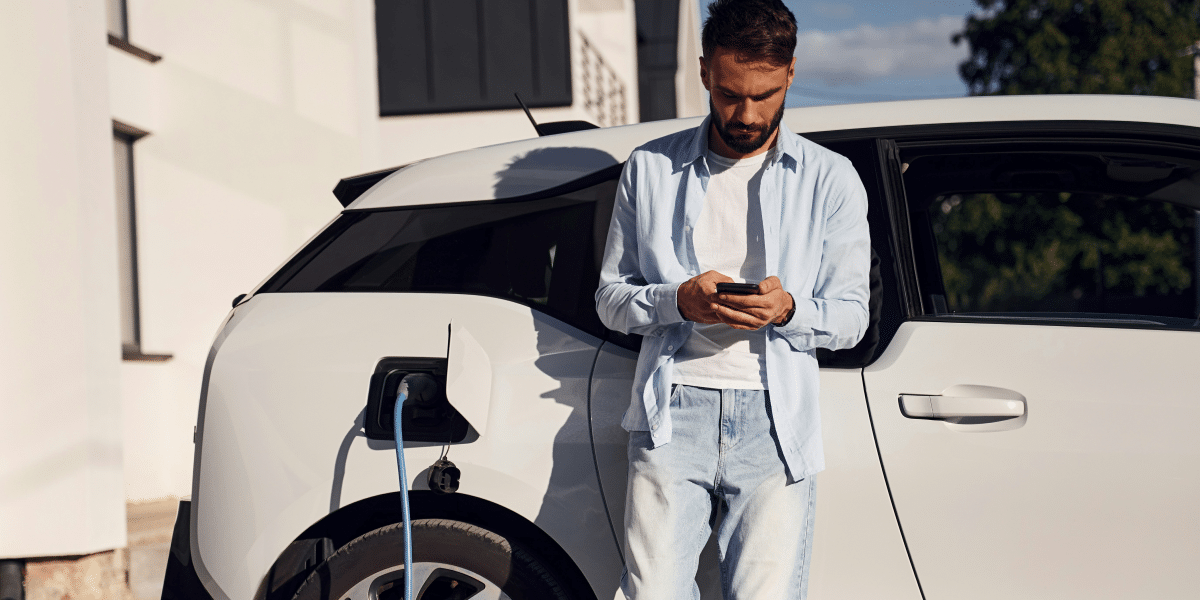B2B marketing has undergone significant transformations over the past decade. As companies strive to adapt to the ever-evolving digital landscape, they have had to reshape their marketing strategies to stay competitive. In 2022 and beyond, B2B marketing will continue to evolve, with businesses relying on cutting-edge tactics to connect with their target audiences. Here are some of the key trends and predictions that will shape the B2B marketing landscape in 2022:
- The Surge in Whatsapp Marketing: The adoption of Whatsapp as a marketing platform will witness substantial growth. With a staggering user base of over two billion and counting, Whatsapp has become a communication powerhouse. Businesses are now leveraging WhatsApp to send targeted messages, create lead-generation groups, and provide customer support. Tools like the Whatsapp Chrome Marketing Extension are making it easier for businesses to reach their audiences efficiently. Staying updated with the evolving Whatsapp tools will be crucial to maintaining a competitive edge.
- The Ascendancy of Chatbots: Chatbots powered by artificial intelligence (AI) will continue to gain prominence in 2022. These AI-driven software programs excel in mimicking human conversation, making them indispensable for customer support, lead generation, and sales. Chatbots will see increased utilization due to their improved conversational capabilities, allowing businesses to enhance customer support and streamline lead generation and sales processes. They will become an integral component of B2B marketing strategies.
- The Vitality of Local SEO: With businesses increasingly transitioning to the online realm, local SEO will grow in significance in 2022. Companies will need to prioritize local SEO efforts to effectively reach their target audiences. Beyond ranking for their brand name, businesses must target keywords like “near me” and “local services.” Creating comprehensive local profiles on platforms like Google My Business and Yelp will be essential. Neglecting local SEO will result in missed opportunities and hinder competitiveness.
- The Integration of AR and VR: Marketing Augmented reality (AR) and virtual reality (VR) technologies will gain traction in the marketing arena in 2022. These immersive technologies will be leveraged to create engaging experiences for customers. For instance, businesses will use VR to provide virtual tours of their products or services, while AR will facilitate interactive product demonstrations. AR and VR will become valuable tools in the marketer’s arsenal.
- The Flourishing of Video Marketing: Video marketing, already a popular strategy, will experience even greater growth in 2022. Businesses will harness the power of video to connect with their target audiences across social media and other platforms. Videos will serve multiple purposes, including product demonstrations, customer testimonials, and brand awareness campaigns. The format will evolve to become more creative and interactive with the integration of new tools, software, and platforms.
- The Emphasis on Enhanced Brand Personalization: Personalization will take center stage in B2B marketing in 2022. Businesses will employ data collected from customer interactions to create personalized messages and content. Tailoring marketing efforts to individual preferences will deepen customer connections, leading to improved satisfaction and brand loyalty.
Conclusion
As technology continues to evolve, B2B marketing will evolve with it. Staying ahead of the curve and adapting to changes will be essential for businesses looking to thrive in this dynamic landscape. Engaging, personalized campaigns that resonate with target audiences will remain the cornerstone of successful B2B marketing strategies.









